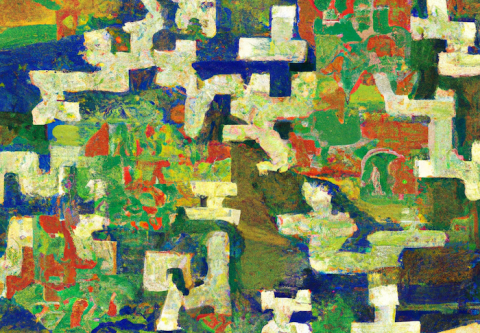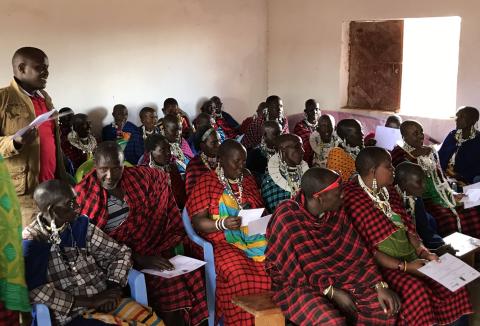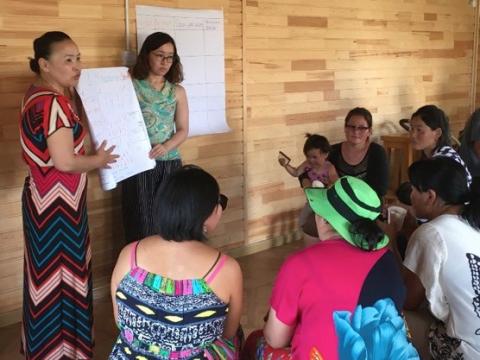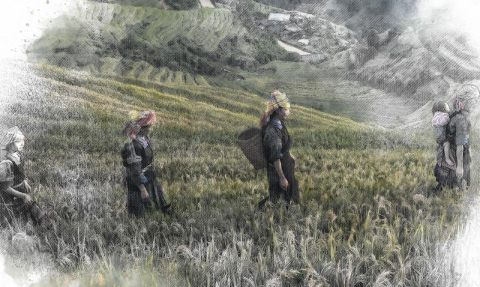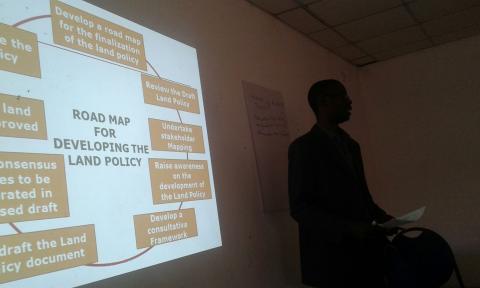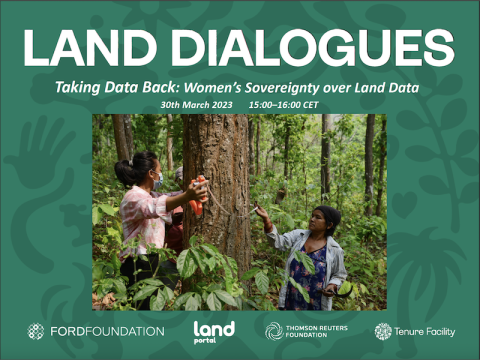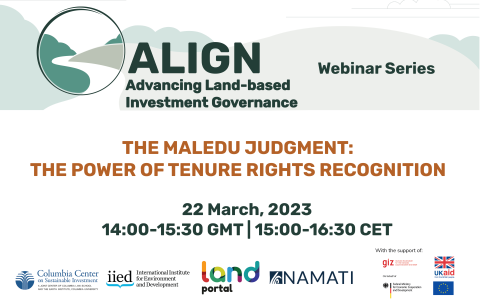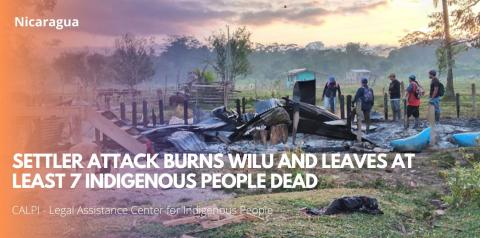Discover hidden stories and unheard voices on land governance issues from around the world. This is where the Land Portal community shares activities, experiences, challenges and successes.
 Follow our
Follow our
Sustainable Development Goals
Blog Series!
Interested in land corruption?
Follow our Land & Corruption Blog Series
for in-depth perspectives from the experts.
Issues
Geographical focus
During the UN World Data Forum 2023 in Hangzhou, China, I had the opportunity to participate in the Global Data Barometer Measuring the state of data for public good and the achievement of the SDGs, which the Land Portal Foundation organized together with the Open Government Partnership (OGP), the Open Contracting Partnership, and Open Data Watch (ODW).
Many rural communities in Tanzania share similar challenges from mining companies and investors. I have seen first-hand how men and women gender and land champions can help.
This blog post is part of the series What to Read.
As humanity grapples with understanding the causes and consequences of the mounting climate crisis, there can be a tendency to oversimplify issues in a bid to identify solutions. Such oversimplifications have stemmed from a broad-brush analysis which identifies all livestock production and animal products as key drivers of climate change.
By Oliver Schönweger, Lorenz Jenni and Darryl Vhugen
In a blog series from IIED and the Land Portal, rights defenders and practitioners in the global South reflect on their strategies to push for more responsible and sustainable land-based investments. Here, guest blogger Jesinta Kunda describes how civil society organizations were key to improving Zambia’s first ever National Lands Policy.
OVERVIEW
Under the umbrella of the Land Dialogues series, the first webinar of this year’s series “Taking Data Back: Women’s Sovereignty Over Land Data” took place on March 30th, 2023. The webinar drew in a little over 220 participants and featured panelists from Indigenous women leaders to programme officers. The series is organized by a consortium of organizations, including the Land Portal Foundation, the Thomson Reuters Foundation, the Ford Foundation and the Tenure Facility.
The webinar was organized around four main themes:
OVERVIEW
Under the umbrella of the Advancing Land-based Investment Governance (ALIGN) series, the second webinar of the series “The Maledu Judgement: The power of tenure rights recognition” took place on March 22nd, 2023. The webinar drew in a little over 230 participants and featured panelists from the private sector, members of mining-affected communities and practitioners. The series is organized by a consortium of organizations, including the Land Portal Foundation, CCSI, IIED and Namati.
The webinar was organized around three main themes:
CALPI received information that the community of Wilú has been attacked by settlers on March 11, 2023 and that on March 10, 2023, three Mayangna community members and two children members of the Mískitu indigenous people were kidnapped; the kidnapped people were on their way from the community of Musawás to the community of Betlehem in the Mayangna Sauni As territory, in the Bosawás Biosphere Reserve, within the Autonomous Region of the Northern Caribbean Coast of Nicaragua.
Over the past decade, the gender gap in land rights and therewith the importance of women’s tenure security has gained increasing awareness and momentum in many parts of the world. Despite numerous measures to support gender equality in land rights, rural and urban women continue to face numerous obstacles in accessing land whether through inheritance, transfers, or leases.
But what are the other factors - in their daily lives and particularly under customary law - affecting women's tenure security?
During the Annual Conference hosted by the Knowledge Platform Security and Rule of Law (KPSRL), the LAND-at-scale knowledge management organised a session exploring how land registration might impact relations between local governments and the populations they are expected to serve. Land registration interventions today often follow a path of decentralisation in which local land offices are tasked with additional responsibilities, or new entities are being created. These local offices give local authorities an important role in land mapping, registration, administration and adjudication.

